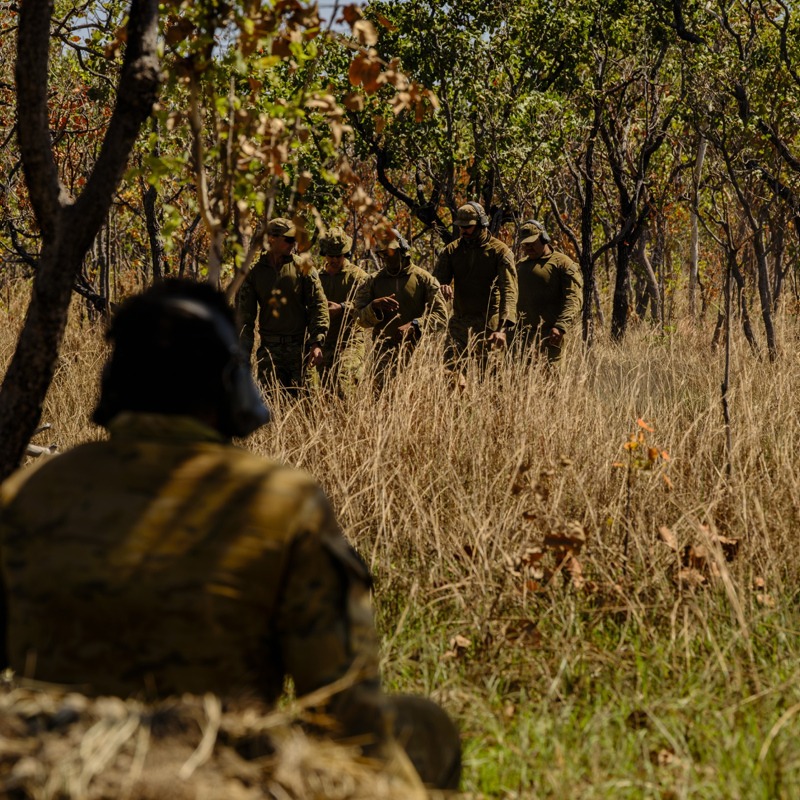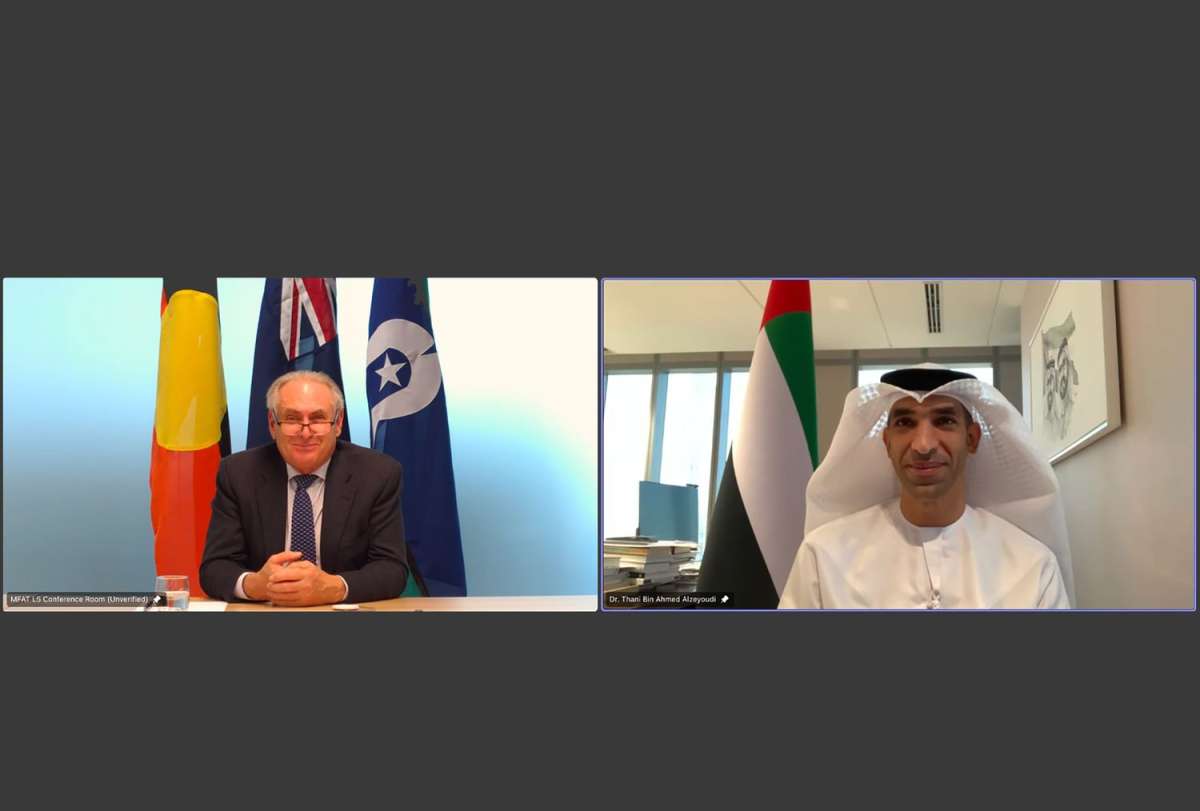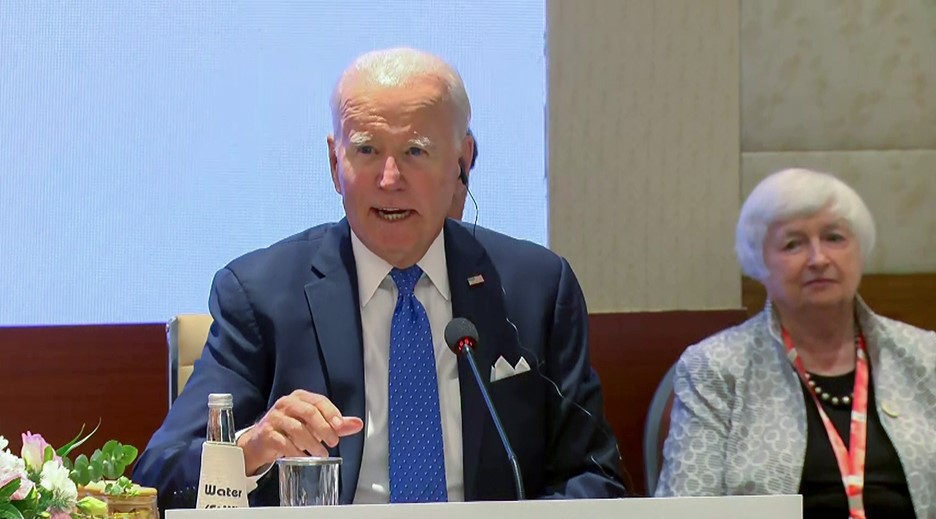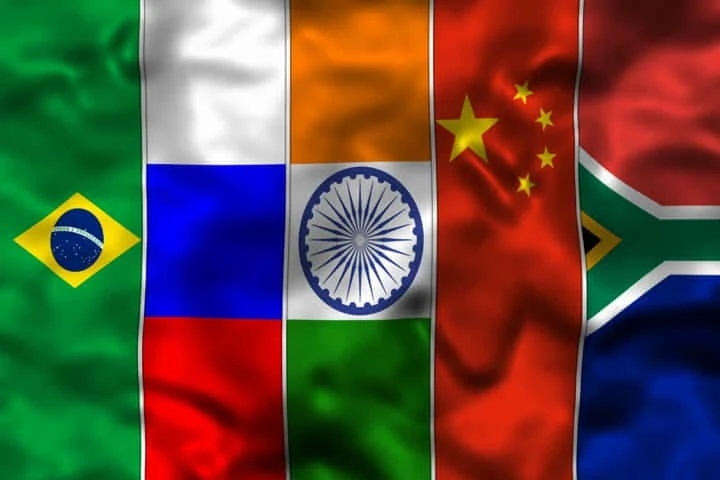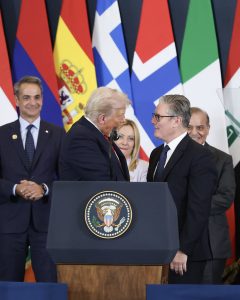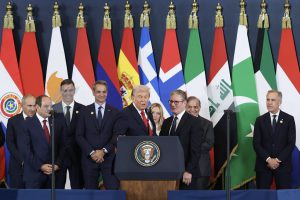Minister for Defence Personnel Matthew Keogh said on June 4 that the shortage of personnel was a “deep concern” and that the plan to recruit non-citizens would bring in about 350 more people a year. Those who join will be able to apply for citizenship after serving 90 days…reports Asian Lite News
Australia will allow foreigners who are permanent residents (PRs) to join the military as it seeks to address a severe shortage of personnel, though the scheme will initially be limited to those from New Zealand, the US, the UK and Canada – the country’s intelligence allies.
The federal government announced on June 4 that foreigners who receive security clearances and have been living in Australia for at least 12 months will be able to enlist.
Applicants must not have served in a foreign military in the preceding two years and must be able to attain Australian citizenship. Enlistments will begin with nationals from Australia’s Five Eyes intelligence allies, but the scheme, if successful, could be expanded to other nations such as Singapore.
The change comes as Australia desperately tries to boost its personnel numbers. The federal budget, released on May 14, revealed that the military is expected to expand by just 358 people in 2024 to 58,600, about 5,000 fewer than its targeted level. The government wants to lift troop numbers to 80,000 by 2040.
Minister for Defence Personnel Matthew Keogh said on June 4 that the shortage of personnel was a “deep concern” and that the plan to recruit non-citizens would bring in about 350 more people a year. Those who join will be able to apply for citizenship after serving 90 days.
“We’re being bold in order to grow the Australian Defence Force (ADF),” Mr Keogh said in a statement.
“Recruiting from a wider pool of people will help ensure our (ADF) reflects the full diversity of Australia and is able to draw on the talents of the entirety of Australian society.”
In recent years, Australia has embarked on a series of ambitious projects to expand its military capability, including acquiring nuclear-powered submarines and a new class of frigates.
But there are growing concerns about the capacity to attract enough recruits to operate these acquisitions, even though Australia has a relatively high-paying military. Annual salaries for recruits during basic training are A$56,385 (S$50,454), while salaries for army privates range from A$73,695 to A$117,688 and captains can be paid from A$99,001 to A$167,626.
Defence analysts welcomed the move to recruit foreign nationals, noting that Australia has not had conscription since the early 1970s during the Vietnam War and has long struggled to persuade its citizens to enlist.
Neil James, executive director of the Australia Defence Association, said that Australia’s military had extensive experience of allowing foreign nationals to serve, such as citizens of Commonwealth countries who could enlist until the 1970s.
Recruiting permanent residents “makes eminent sense”, he said.
“We have always had people serving from countries whose militaries are similar to ours.”
Luke Townsend, an analyst who has served in both the Australian and British militaries, said the recruitment plan was a “good idea”. He added that the Australian military was currently too small to have sufficient capabilities to deter potential adversaries.
“I think this plan will help with our modest recruitment goals, but I don’t think it addresses what is wrong,” said Townsend, now managing director at defence robotics firm Outlook Industries. “We don’t have any deterrent capability.”
He said the military has struggled to recruit Australians, noting that many of those who enlist are following in the footsteps of family members who have served.
“For many Australians, the military is outside their lived experience,” he said.
“It is also harder now because of the conflicts in Israel and Ukraine. People can see what is involved and are now worried about actually being in a conflict.”
The government has introduced other schemes to boost the military’s numbers, including A$50,000 bonuses to those who agree to serve an additional three years after completing an agreed period of service. Health and fitness requirements for enlisting personnel have also been eased.

